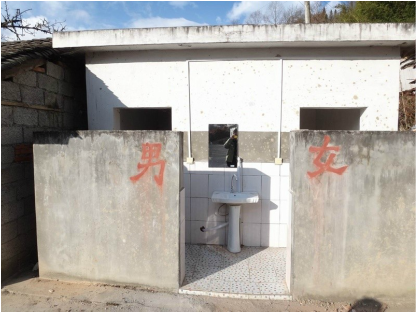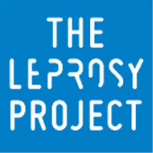During the training on health and hygiene education, and childhood malnutrition, staff encouraged healthcare workers to discover the problems and issues on their own. They then worked with the Project staff to find solutions. This participatory approach keeps healthcare workers engaged and motivated. The trainees were also given the chance to observe flies, and parasites under a microscope to better understand why hygiene is important for everyone, and how germs can harm people. They also have a better understanding of the problems caused by malnutrition and how a balanced nutritious diet will strengthen their bodies.
|
The Project held a five-day training for village healthcare workers in September. Eight healthcare workers and all of the project staff attended the training. Staff and healthcare workers spent 3 days in Luding for on-site training and 2 days in Xide for training in childhood malnutrition, and health and hygiene education. Luding healthcare workers were divided into small groups so that Project staff could give individual instruction. Healthcare workers performed sterile operations, treated ulcers, infections and callosity. Project staff observed the healthcare workers in order to review their skills, give feedback and additional training as needed.
During the training on health and hygiene education, and childhood malnutrition, staff encouraged healthcare workers to discover the problems and issues on their own. They then worked with the Project staff to find solutions. This participatory approach keeps healthcare workers engaged and motivated. The trainees were also given the chance to observe flies, and parasites under a microscope to better understand why hygiene is important for everyone, and how germs can harm people. They also have a better understanding of the problems caused by malnutrition and how a balanced nutritious diet will strengthen their bodies.
0 Comments
In July nine volunteers from Xichang College received training from Project staff Kelly Xu, Fang Jingru, Rihai Riga and Make Hamo.
Kelly Xu and Fang Jingru explained the conditions in the villages and discussed their own experiences in communicating with villagers. Staff established targets for health and hygiene education and expected results. Volunteers enthusiastically engaged in the training and gave many useful comments. Through the training, staff was able to create templates for future training in other villages. The format for data collection was also enhanced in order to refine the assessments of hygiene performance. After the training, the staff and nine volunteers traveled to Qianjin, a remote mountain village in Xide County with a population of 500. Due to the remote location, many of the elderly residents have never left the village and the children have received little education. Most of the villagers have no concept of personal or household hygiene. The poor standard of sanitation in the community leads to the easy transmission of many infectious diseases. The Project staff and volunteers started by giving basic training to 42 students from the village. The three groups then visited each home in the village to talk about hygiene and the effect it has on health. Every household received training in home hygiene, including cleaning furniture and floor, sweeping the areas around their home, and washing their clothes and bedding. Both students and their parents were keen to participate. Villagers understand that they must persist in keeping their home and the village clean to help prevent the spread of disease and to beautify the village.  The toilets for the Five-Guaranteed Households in Luding were designed and built by the local government, unfortunately the design was defective and the toilets became badly clogged creating serious hygiene and environmental issues. In addition the design of the toilet was unsuitable in view of the disabilities suffered by the PALS. With generous support from The Henley Group and Mr. Jonathan Van Smit, the toilets were redesigned and refurbished in December, 2012. The toilets now have anti-slip tiles, a safety rail and are equipped with flushing water and running tap water. The households elected a person to be in charge of the cleaning and management of the toilet. |
Archives
May 2020
Categories
All
|

 RSS Feed
RSS Feed
